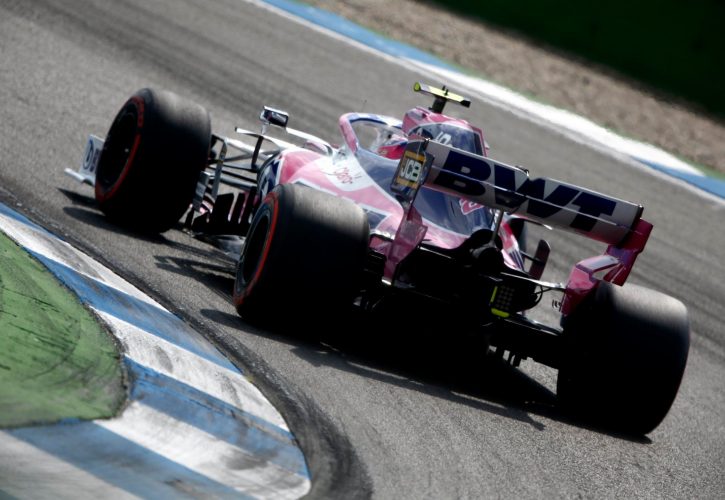

Race winners were now awarded 25 points and the Top 10 all received points.
2010 saw the most radical change in the history of the sport. Schumacher won that season's Championship narrowly but triumphed again in 2004. Points were now awarded to the Top 8 finishers: 10 for first, 8 for second, 6 for third and so on with 1 point for 8th. In response to Michael Schumacher's dominance, the system was revamped again in 2003.  The next change came in 1991 when race winners were awarded 10 points, while the rest of the Top 6 was unchanged. Race winners were awarded 9 points while 1 point was no longer given for the fastest lap but to the sixth place finisher. For the next 30 years, the changes were minimal. Despite the small points difference, Argentinian legend Juan Manuel Fangio was still able to win five world titles during that decade, including the four-in-a-row that Vettel has just achieved. There was also 1 point awarded for the fastest lap of the race.
The next change came in 1991 when race winners were awarded 10 points, while the rest of the Top 6 was unchanged. Race winners were awarded 9 points while 1 point was no longer given for the fastest lap but to the sixth place finisher. For the next 30 years, the changes were minimal. Despite the small points difference, Argentinian legend Juan Manuel Fangio was still able to win five world titles during that decade, including the four-in-a-row that Vettel has just achieved. There was also 1 point awarded for the fastest lap of the race. 
The race winner got eight points, with the remaining top five finishers getting 6, 4, 3 and 2 points respectively.
From 1950 until 1959, the top five finishers were awarded points. The past decade has seen more tinkering with the points system than at any other time during the 63-year history of the Formula 1 world championship with little payback. The F1 Point System for finishing positions breakdown like this: First place 25 points. The change seems motivated by commercial concerns - in terms of flagging viewing figures - rather than a credible attempt to improve F1.










